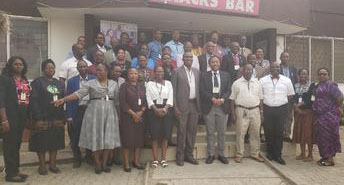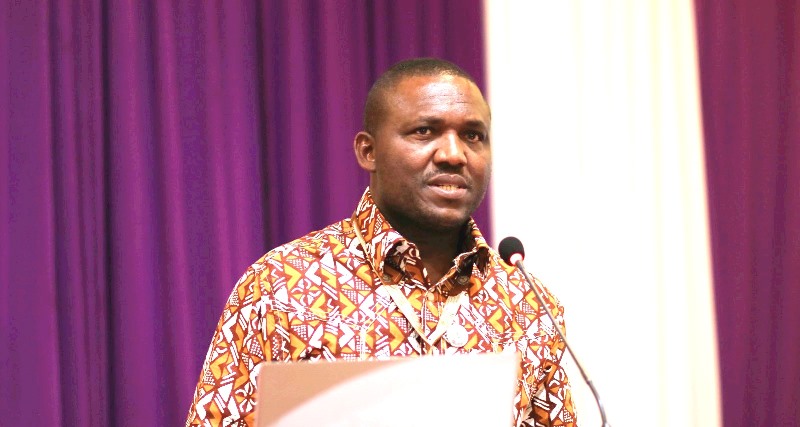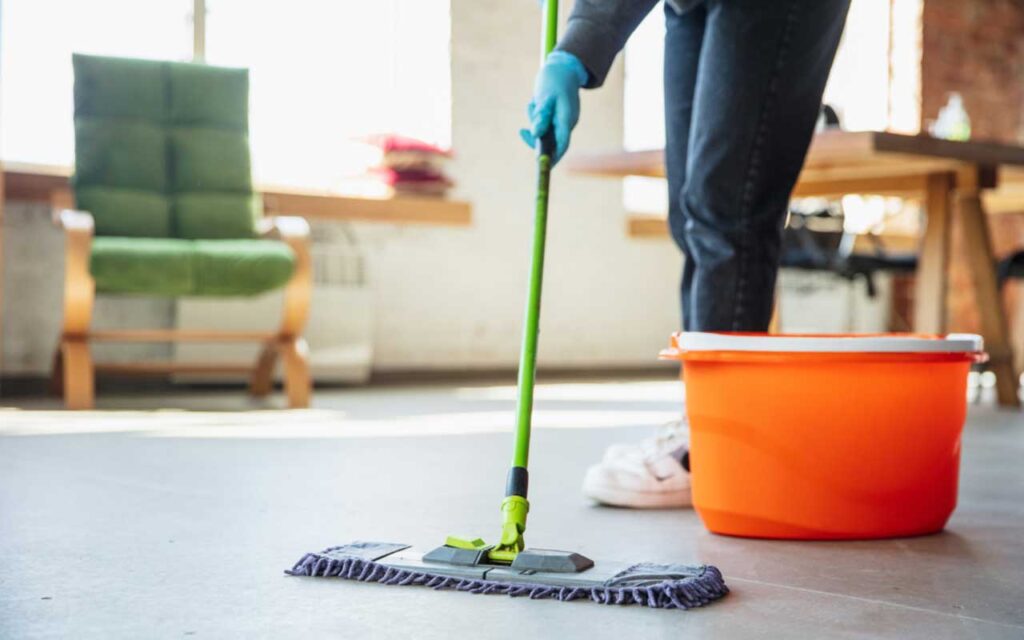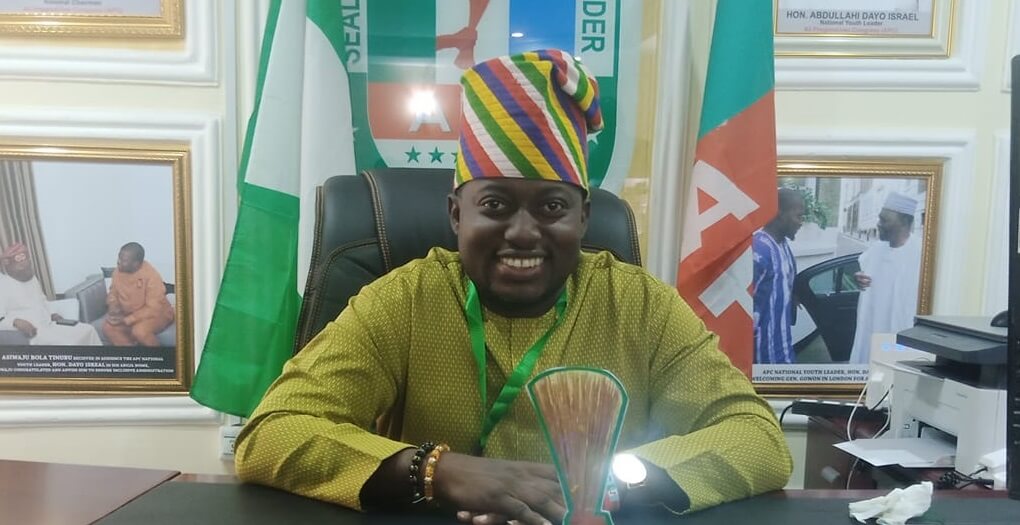
The Consortium for Advanced Research Training in Africa (CARTA) and the Post-Graduate College, University of Ibadan, have said it is imperative to train and develop the capacity of scholars, supervising doctoral students.
The two institutions emphasised that developing scholars’ capabilities would strengthen their capacity and enhance their productivity, as well as improve their turnaround time.
The focal person for CARTA, Prof. Akinyinka Omigbodun, and the Provost, UI PG College, Prof. Ayo Ogunjuyigbe, stated this during a three-day training for capacity strengthening for Doctoral Research Supervision, and workshop for Ph.D. supervisors, held at the UI Hotels, Ibadan, the Oyo State capital.
CARTA programme is a partnership of many African universities and research institutes in seven different African countries. The goal of the consortium is to build research capacity in African higher educational institutions.
The PG College together with CARTA came together to put together the workshop, which the duo said is a part of an initiative in the PG College, called the Doctoral Academy.
According to Omigbodun, CARTA has existed for about 15 years and the University of Ibadan is a foundation member. So, the Post-Graduate College of the University of Ibadan has been exploring ways of strengthening doctoral training within the university.
The focal person maintained that when the supervisors are well trained, they would be able to motivate, mentor, encourage and get the students to complete their Ph.D. training on time for them to finish within the recommended three years.
Omigbodun explained that when supervisors are exposed to formal training and basic principles of doctoral supervision, their capacity will improve.
Omigbodun said: “The essence is to look at the various aspects of doctoral training and make sure we strengthen the foundation and all the key elements of the training. With the training, ultimately, the products of our doctoral training will become well-trained researchers. The workshop is to train the supervisors, who are guiding the trainees through the programme until they get their Ph.D.
“If the supervisor is well trained, they will be able to motivate, mentor, encourage and get the students to complete their Ph.D. training on time. Many doctoral students are not finishing within the three they are expected to finish. Some are taking four, five and even eight years. That is not desirable and we believe that if the supervisors are well trained, and everything is channeled properly, then the majority of our students should finish their Ph.D. within the three years that the university recommends.
“The Doctoral Academy is planning a series of workshops to make sure that every person who is supervising doctoral students in the university is exposed to this formal training and understands the basic principles of doctoral supervision.
“When people are shown the proper ways of doing things, some of this attitude of delaying students will disappear. People are limited to what they have been exposed to. But when they are exposed to best global practices, the overwhelming majority of those who are so exposed will make sure that those who are on training will finish on time and begin their research career without the drag of being into doctoral training for eight to ten years. It is a disservice to everybody and the system and a waste of resources to drag doctoral training.”
In his remarks, the UI PG College Provost, Prof. Ogunjuyigbe, said the training was to ensure that Ph.D. students are not stuck in their research work. The provost added that the training would improve the capacity of the supervisors to supervise doctoral students and make them outstanding researchers.
The provost said: “What we are looking for is to have outstanding researchers being given birth to. The truth of the matter is that the university prides itself on being outstanding and we are trying to look at how to reproduce ourselves. We want a replica of Ibadan all around the country. We want to improve on what we are doing.”













